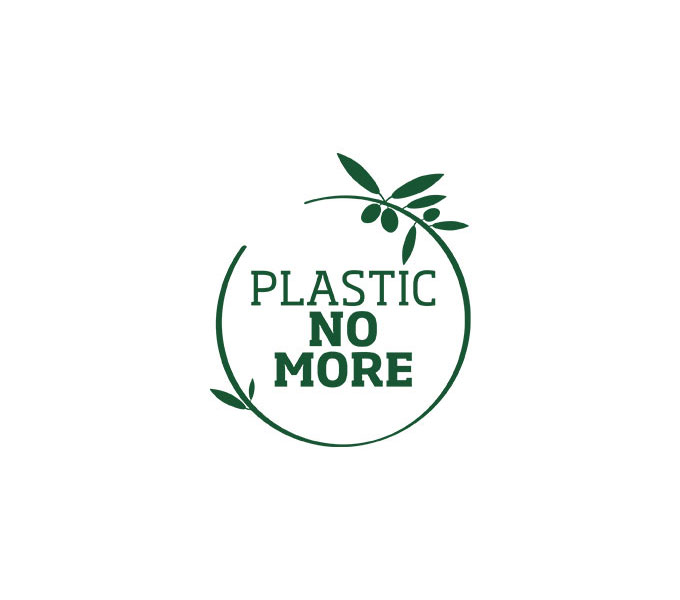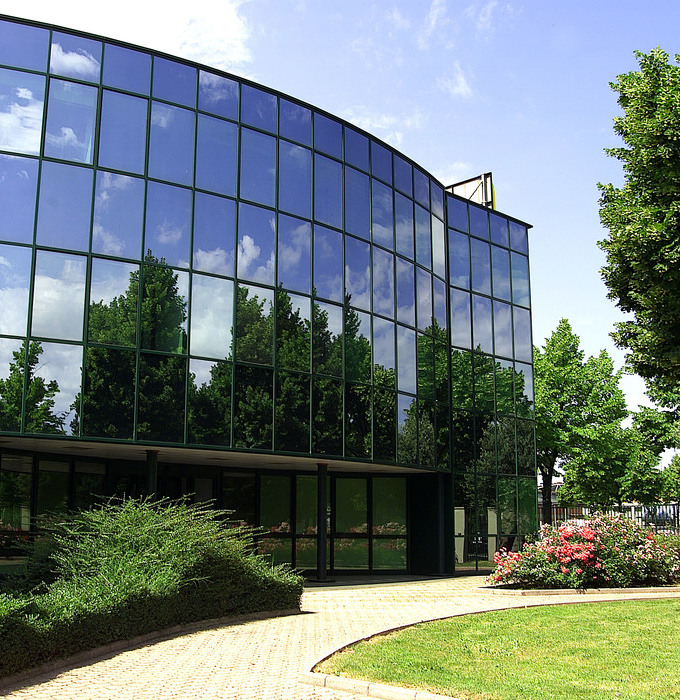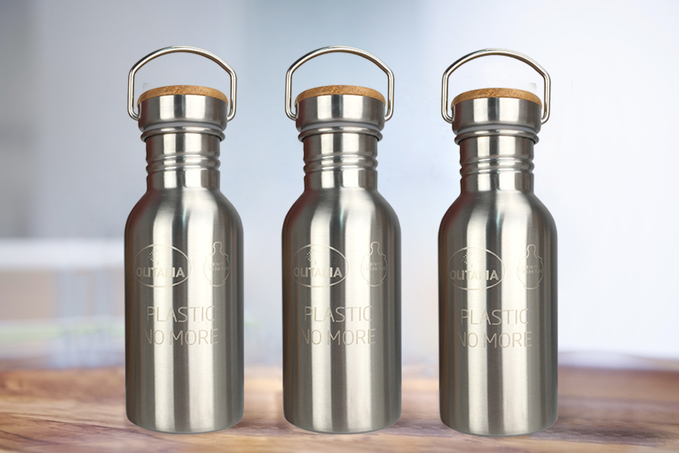Sustainability Report 2024
The pursuit of excellence in providing quality products, attention to all the people who work with us every day, and protection of the environment have always been the core principles that have inspired our company's growth.
In 2024 we published the third edition of our Sustainability Report, concrete evidence of a commitment that is renewed over time. This document represents a valuable opportunity for us to share our history, describe the work we carry out every day with passion, and present the goals that guide us on our journey towards an increasingly sustainable future.
VIEW REPORT In 2024 we published the third edition of our Sustainability Report, concrete evidence of a commitment that is renewed over time. This document represents a valuable opportunity for us to share our history, describe the work we carry out every day with passion, and present the goals that guide us on our journey towards an increasingly sustainable future.
.jpg)

Plastic no more
Plastic No More is a project entailing tangible actions to reduce the use of plastics. The project was launched in 2018, and is developed by Olitalia Group in partnership with the Zoological Station “Anton Dohrn” of Naples at the forefront, represented by its scientific coordinator - Professor Silvestro Greco - followed by other important players such as Slow Food International, the University of Gastronomic Sciences of Pollenzo, Polieco, Coripet.
DISCOVER THE PROJECT 
THE COMPANY'S GREEN PATH
Olitalia’s eco-sustainable path has led it to undertake the Plastic No More project.
Sustainability and trying to limit its environmental impact are part of the company’s DNA. For example, from July 2018, 100% of our supply of purchased electricity comes from renewable sources. Two photovoltaic systems provide total power of 377.85 KW. From an environmental point of view, every KW produced by a photovoltaic source avoids burning 0.25 kg of oil and the emission of 0.3-0.7 kg of CO2 into the atmosphere. Starting from November 2018, we began the process of replacing our production plant lighting with an LED system, a project that will be completed during 2019 and be extended to include warehouses and new office space currently under construction.
ELIMINATE DISPOSABLE PLASTIC USE
In line with the recent European Parliament rules abolishing single-use plastic items, Olitalia aims to reduce the use of plastic mainly in finished product packaging through weight reduction, R-PET and biodegradable alternatives. Moreover, within the company offices, disposable plastic materials such as glasses, plates, cutlery, and straws have been eliminated. Vending machines no longer offer plastic bottles, while hot drinks are served in paper cups with wooden stirrers.


